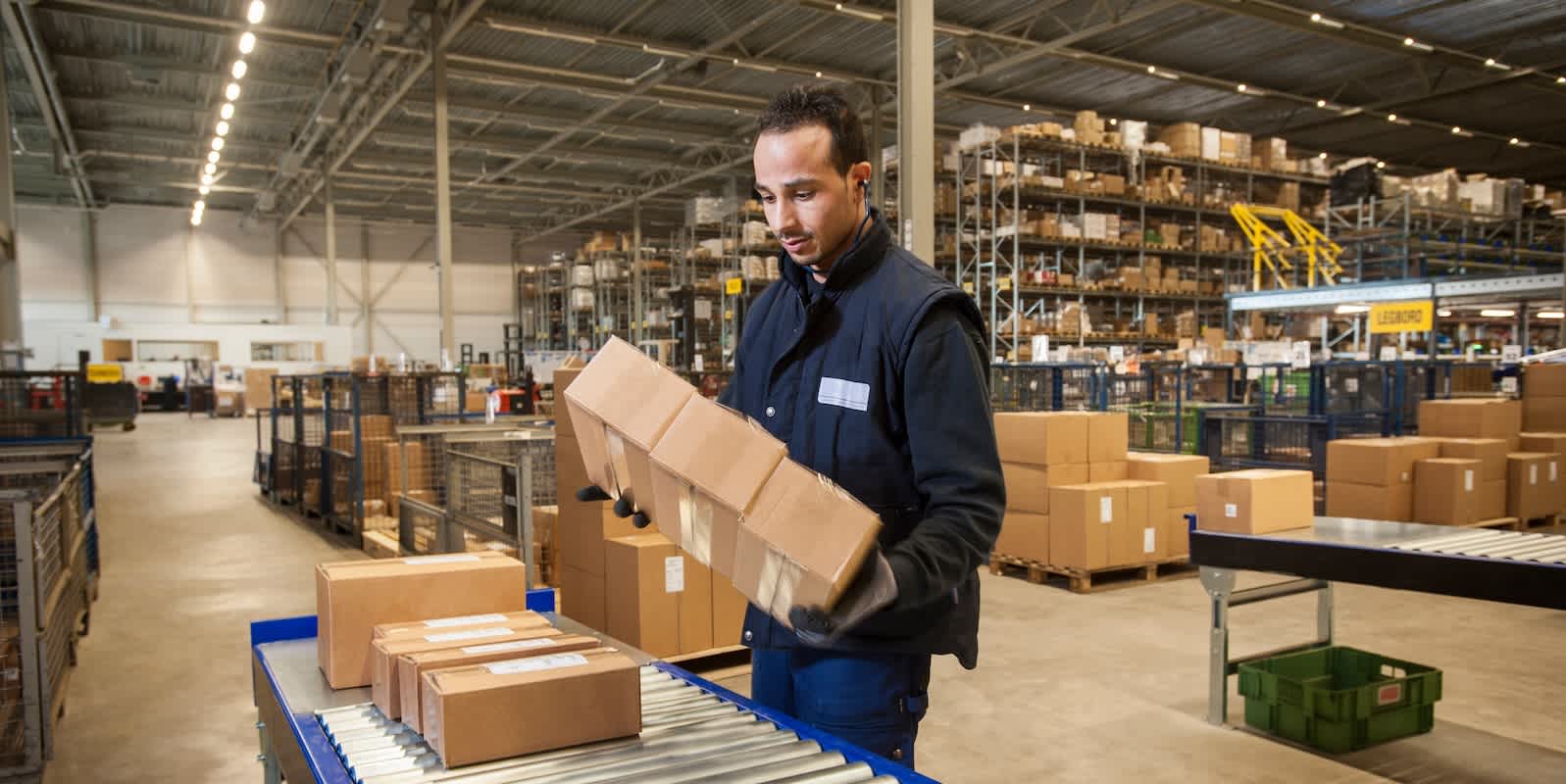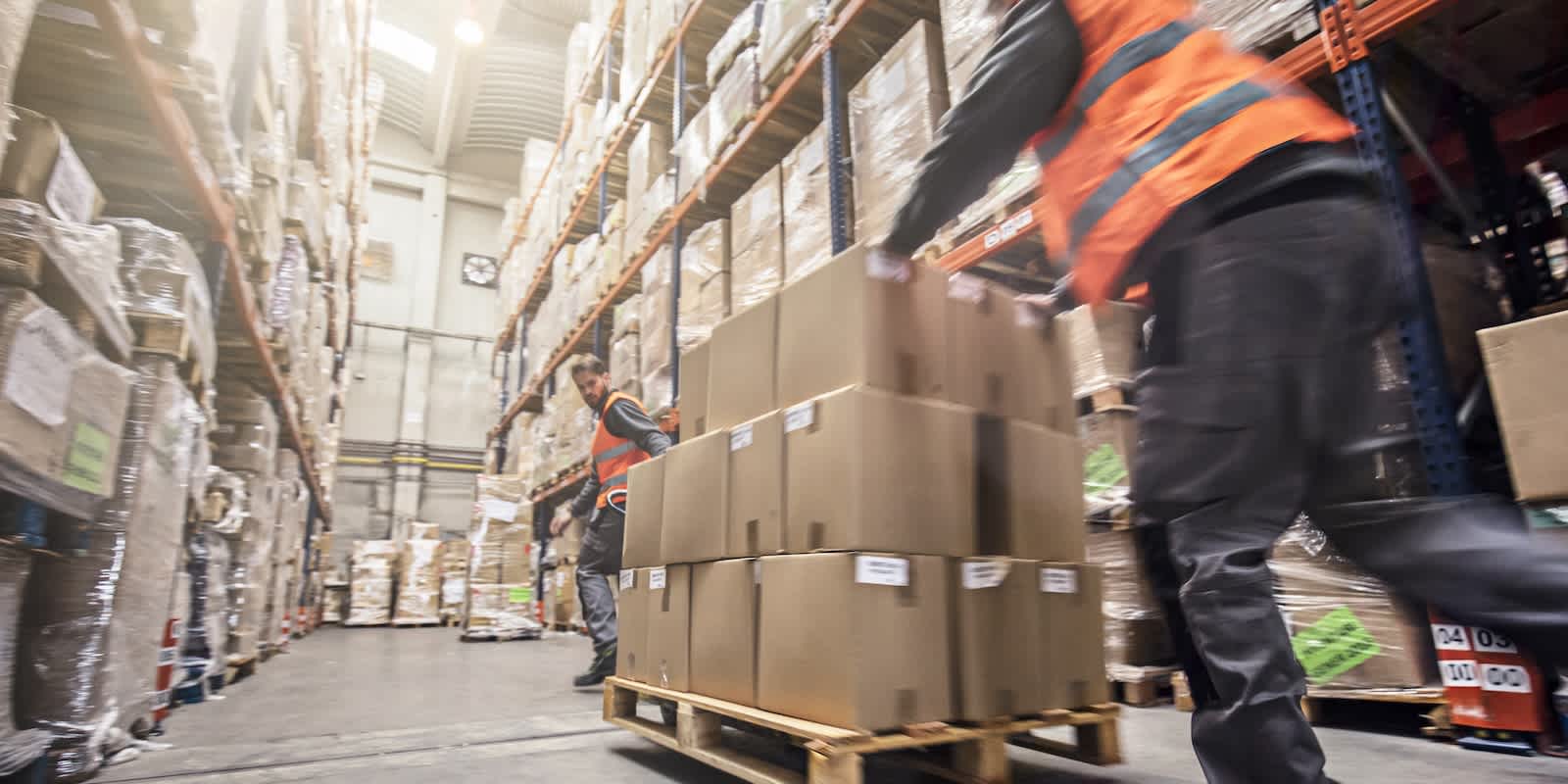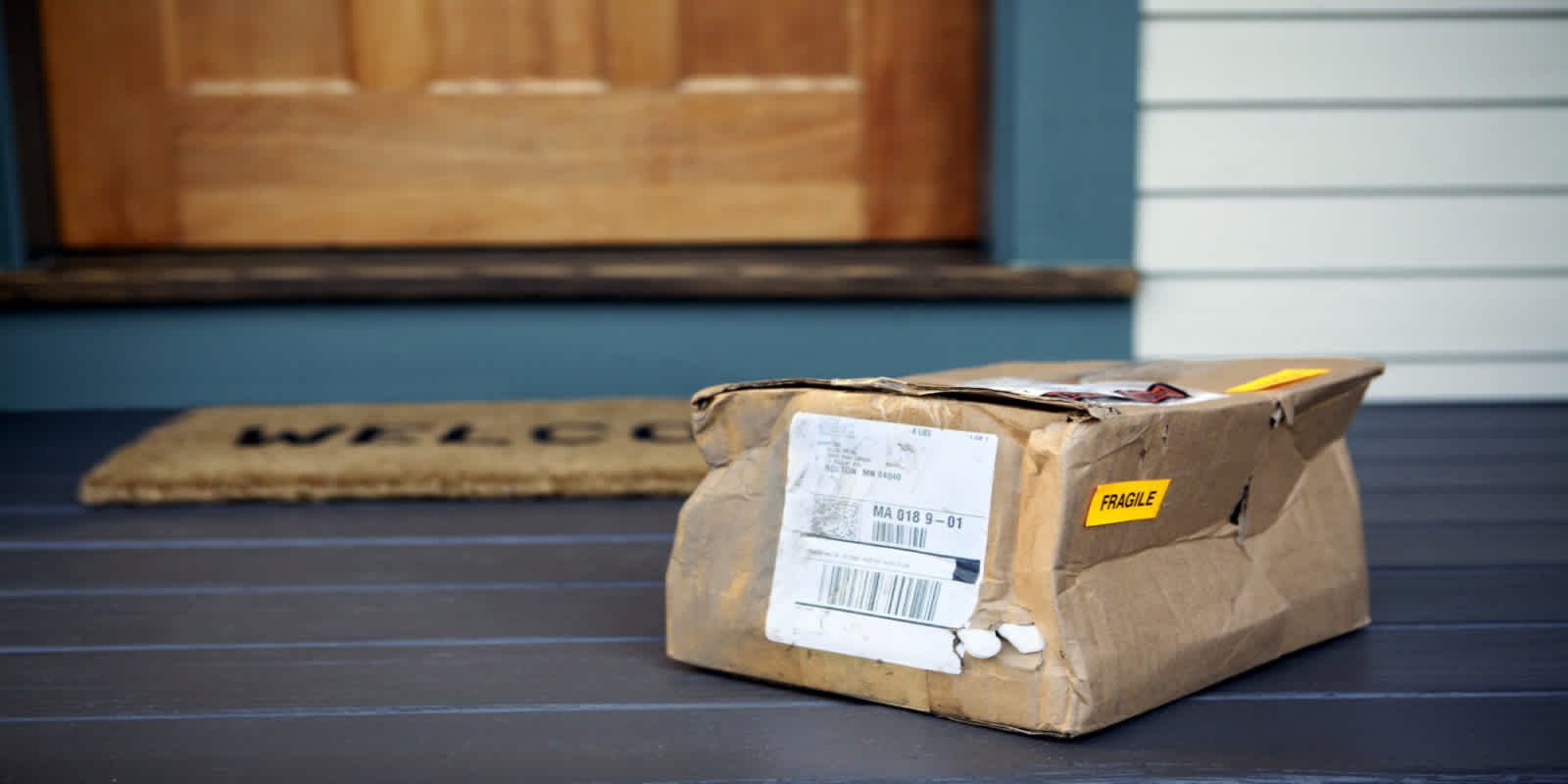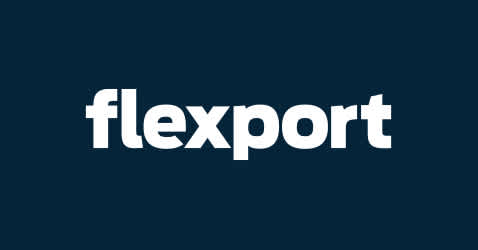
29.08.2023
Everything You Need to Know About Outsourcing Fulfillment, Part 1
Everything You Need to Know About Outsourcing Fulfillment, Part 1
What is your ecommerce business’ competitive advantage? Is it your product range, the exclusivity of your brand, your prices? Or is it your fulfillment?
Many ecommerce business owners are surprised to hear that fulfillment is their competitive advantage, but with the ability to handle more orders, deliver better customer service, save costs, and create time, your fulfillment process can drive you forward or hold you back.
Knowing when to shift from in-house to an outsourced fulfillment provider is vital to your business’ success, but also raises questions. Like do you know the functional difference between in-house and outsourced fulfillment? How do you know when it’s time to make the switch? Can you blend the two models? Today we’re going to answer that first one, and we’ll tackle the others in subsequent articles.
The Importance of Perfecting Your Fulfillment
Your fulfillment strategy is your business’ lifeblood, so having a smooth, scalable, and resilient process that allows you to handle thousands of orders is critical. But the days of simply ordering stock in and sending it out are gone—customers, selling channels, and your profit rely on your fulfillment solution operating at full efficiency.
It Affects the Availability of Your Products
Having an accurate real-time figure of your stock levels ensures you know when to order more and avoid selling out or overselling. This will protect your buyer experience, shield you from negative reviews, and keep your customers happy.
It Affects How Quickly You Can Deliver Products
The smoothness and efficiency of your warehouse layout and shipping process affect how quickly you can deliver products, which in turn affects which fast shipping programs your listings are eligible for.
It Affects Your Overall Profits
Finally, the more quickly you can deliver and replace your stock, the higher capacity you have to sell more; increasing your profits and growing your business.
What Is a Fulfillment Provider?
A fulfillment provider is a third-party partner that prepares and ships your customers’ orders from one or more fulfillment centers. Key features of small business fulfillment providers include:
- Multiple warehouse locations near your customers, to ship your inventory to
- Competitive costs, covering storage and shipping
- Integration with your various sales channels, for seamless order processing
- Access to and eligibility for fast shipping programs
Experienced fulfillment providers, however, also offer several services to help aid the entire fulfillment process—from the time your products arrive at the port, to the second they reach the fulfillment center, and all the way to when they land on the customer’s doorstep. At Flexport, we handle everything from freight, distribution, fulfillment, prep, and returns, so you can focus on what you do best—growing your business. Learn how to get started with Flexport here.
The Differences Between In-House and Outsourced Fulfillment
In-House Fulfillment
This is where you are responsible for the entire fulfillment process including receiving sales orders, picking, packing, shipping, and tracking. Not to mention resolving any late, missing, or damaged deliveries. At the beginning of your ecommerce journey it gives you control, insight into your business, and a cheaper way to get things moving. As you grow, the situation can flip 180 degrees—in-house fulfillment can become harder, more expensive, and increasingly time-consuming to maintain.
Outsourced Fulfillment
That’s when it’s time to consider partnering with an outsourced fulfillment provider—shipping your items to their warehouses for them to pick, pack, ship, track, and ensure timely delivery. Often used to supplement business growth, outsourced fulfillment brings the benefits of expertise, lowers costs, larger space, and quicker delivery times.
If your small business is growing faster than you can manage, it’s time to consider outsourcing some of your important operations, before you fall behind. Small business fulfillment services handle the hassle while returning significant profit boosts, cost-savings, and time.
The contents of this blog are made available for informational purposes only and should not be relied upon for any legal, business, or financial decisions. We do not guarantee, represent, or warrant the accuracy or reliability of any of the contents of this blog because they are based on Flexport’s current beliefs, expectations, and assumptions, about which there can be no assurance due to various anticipated and unanticipated events that may occur. This blog has been prepared to the best of Flexport’s knowledge and research; however, the information presented in this blog herein may not reflect the most current regulatory or industry developments. Neither Flexport nor its advisors or affiliates shall be liable for any losses that arise in any way due to the reliance on the contents contained in this blog.






